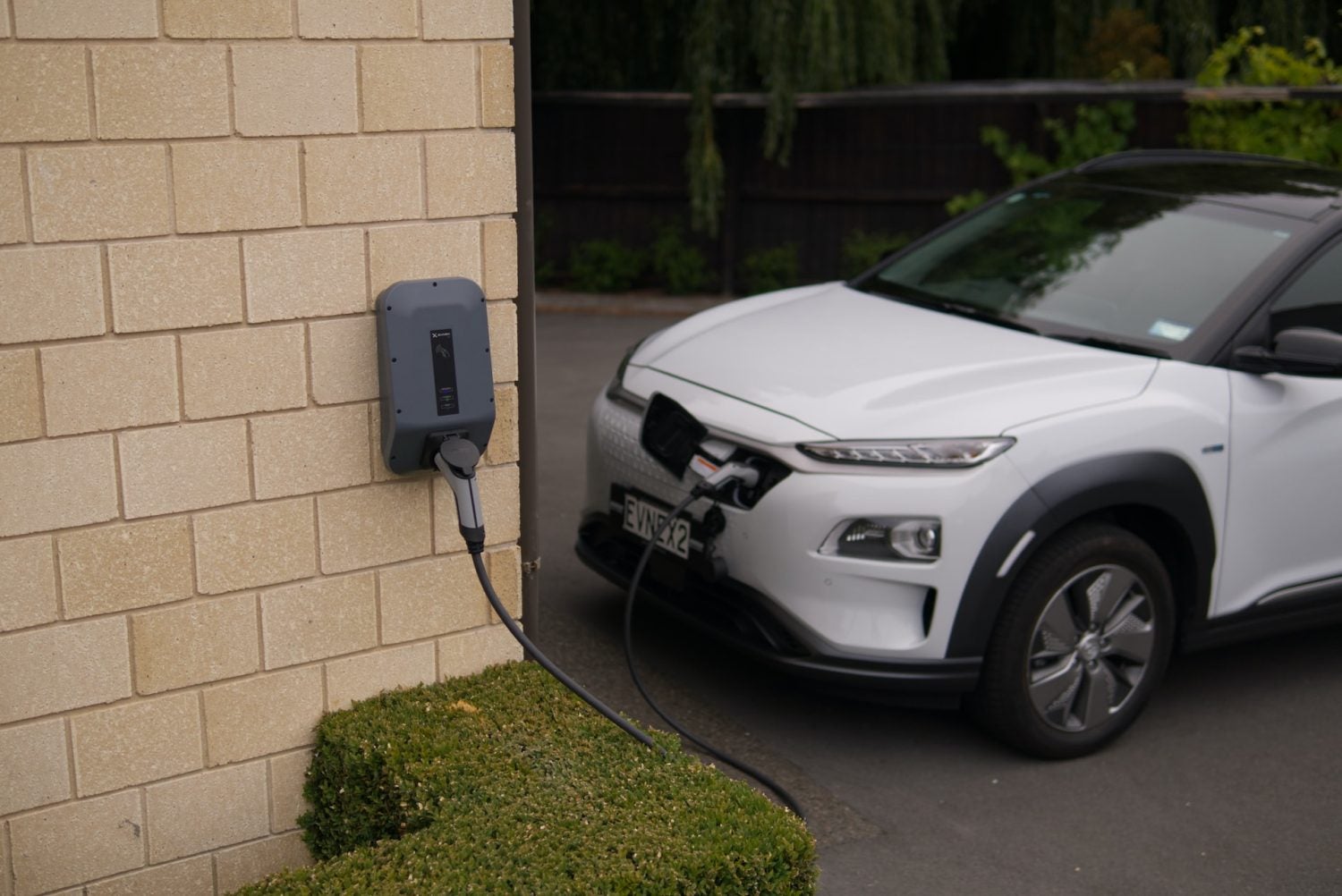It’s 2022 and owning an electric car is a big flex.
After all, who wouldn’t fall in love with an electric car? Most of them are rewarding to drive and packed with a wealth of tech features that attract most drivers.
And of course, the environmental impact of electric cars is a big draw for most buyers. Since electric cars do not need fossil fuels in order to run, they cause less pollution and are generally more friendly for the planet.
With electric cars getting cheaper and charging stations becoming more available, more and more people are switching to electric cars in an effort to help solve the problem of transportation emissions. Many are choosing to drive an electronic car because it is more environmentally friendly than gas-burning ones.
Unfortunately, saving the planet is not as simple as swapping a fossil-fueled car for an electric equivalent. Though the recent popularity of electric cars should truly be celebrated, it’s only one side of the story.
Here’s what you need to know if you’re interested in buying an electric car and saving Mother Earth.
Why are electric cars good for the planet?
Eclectic cars are popular for a reason. This alternative form of transport simply does not emit toxins as much as a regular car does. This means that driving an electric car does not contribute as much to climate change and to the depletion of the ozone layer. Plus, it also helps improve air quality, so people don’t get to breathe in toxic particles.
Another advantage of electric cars is that they use reusable energy. As you may already know, fossil fuels are a limited resource. There will come a time that they will run out. With electric cars, on the other hand, this is not a problem. The batteries of the car simply have to be charged and it will be up and running again.
During its lifetime, an electric car requires less maintenance than a gas-powered car simply because it has fewer moving parts than a gas-powered car. It does not require the usual maintenance procedures such as oil changes and the replacement of exhaust parts. While an electronic car also requires periodic maintenance checks and procedures, they are nowhere near as complicated as the ones required for a gas-powered car. Parts do not need to be replaced as often too. This means less waste.
Without a doubt, encouraging a more widespread electric car adoption has numerous benefits but we need a more complete approach to the problem in order to truly maximize the benefits of using electric cars.
The battery manufacturing problem
Some people may not realize it but time is of the essence when battling climate change. If we want to feel the effects of switching to electric cars, we need to be able to electrify all our vehicles in the near future in order to maximize climate impact. We cannot let our planet wait.
But this comes with an important question: Do we have the capacity to manufacture batteries fast enough in order to keep up with the continually rising demand for electric cars?
Sadly, even if manufacturers are already ramping up battery production, it seems like they are not doing it fast enough. Battery manufacturers are also clambering to source materials like lithium, cobal, nickel, and graphite which are used for manufacturing electric cars. We do not have the time nor the resources to get everyone to switch to electric cars soon enough.
Again, this does not mean that electric cars are not good for the planet. It simply means that we have to look at the whole picture and think of alternative ways to solve the problem as soon as possible.
The long-term solution
Looking at the situation, the solution seems to be much simpler but definitely not easier: We need fewer cars on the road.
Sure, it’s a good thing that more drivers are switching to electric cars but we all need to change our attitude and start looking for ways to travel differently instead of heavily favoring cars.
This means walking to work when possible, riding a bike to the grocery, or carpooling on trips. Aside from helping save the planet, this approach can also help improve public health and combat problems like obesity and other diseases associated with a sedentary lifestyle.
Also, instead of prioritizing personal electric cars, mass transport that runs on clean energy should be prioritized instead. The focus should be prioritizing buses and trucks in order to have a truly lasting impact on the climate.
It is important to note that this cannot be solved by individuals alone. Politicians and businesses need to find a way to contribute to this too. For example, cities should offer safer and more convenient alternatives to cars. They should build bike-friendly roads that will make people want to choose cycling to work. They should ensure that the public transport is running efficiently, so people won’t hesitate riding buses and trains. We shouldn’t be building communities that are too dependent on cars.

















